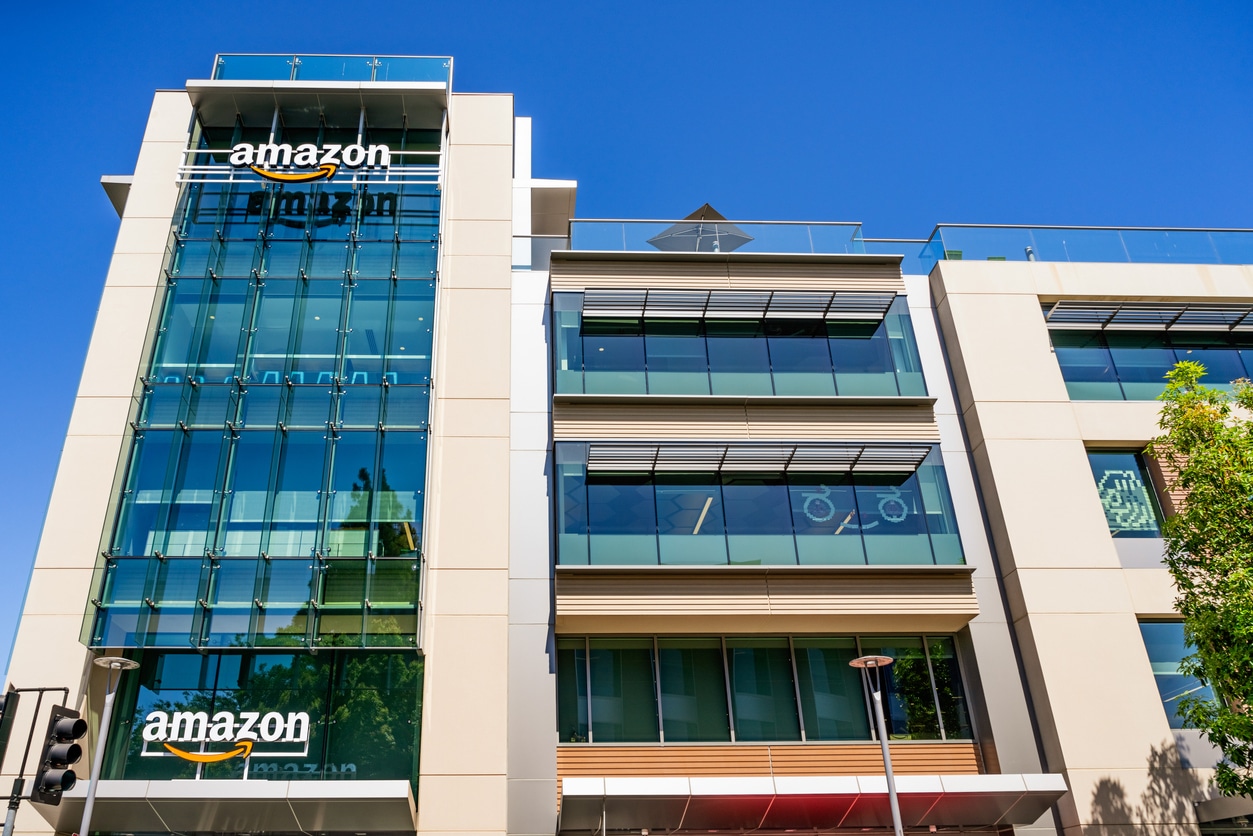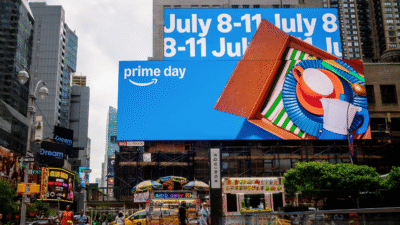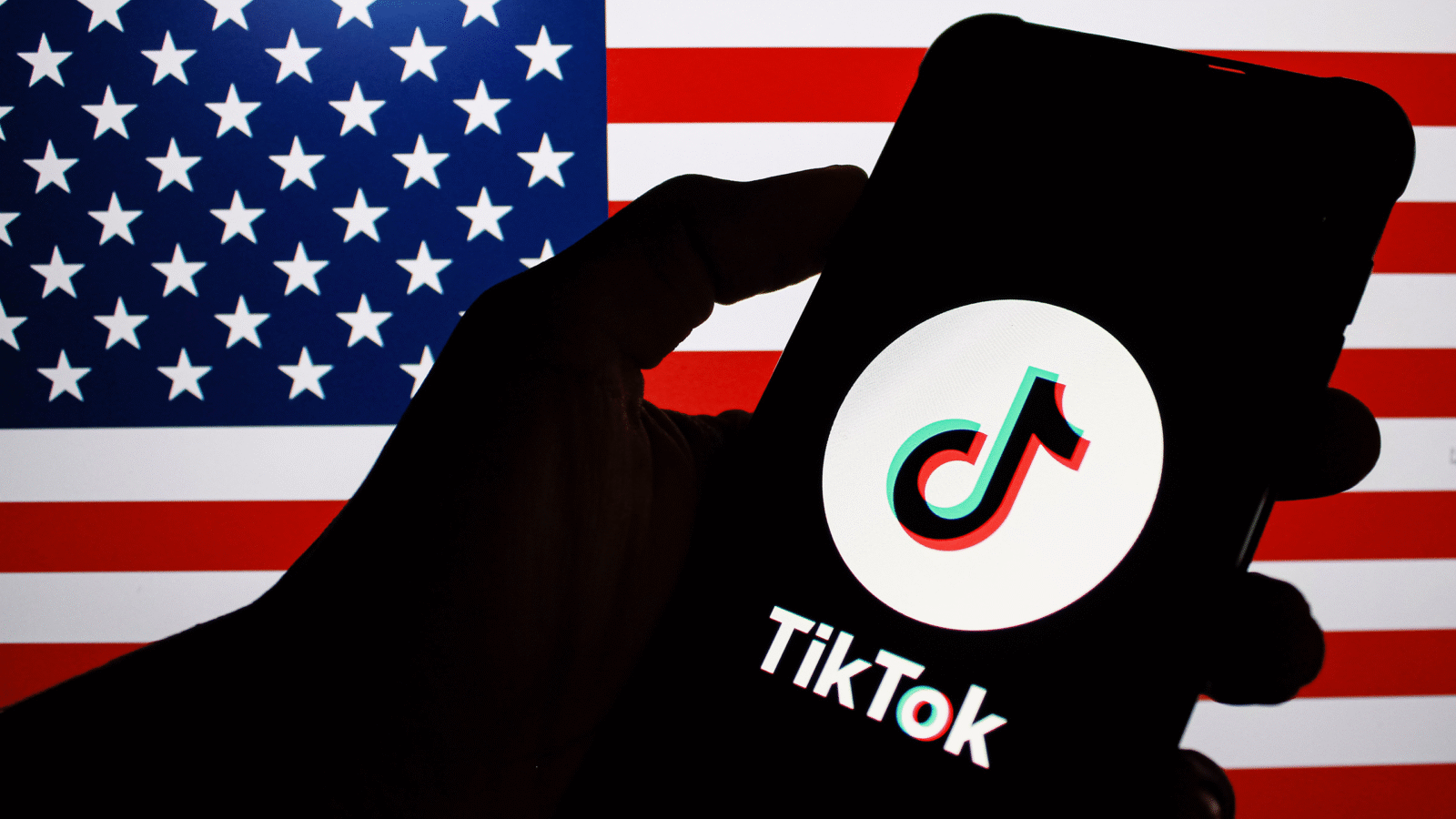
Sign up for smart news, insights, and analysis on the biggest financial stories of the day.
Some news is bigger than other news. In this case of dueling tech titans, we’ll let you decide who takes precedence.
On Thursday, e-commerce giant Amazon announced plans to open several large department stores across the U.S., effectively doubling down on physical retail. Facebook, meanwhile, is focused on the virtual realm, unveiling video meetings that allow users to communicate via a cartoon avatar.
From the New Grocer to the New Macy’s
At the dawn of the century, department stores represented about 10% of U.S. retail sales (excluding cars, gas, and restaurants). But after two decades of emerging discount retailers, fast-fashion brands, and e-commerce merchants, department stores now account for less than 1% of retail sales, according to consulting firm Customer Growth Partners. Amazon’s plans for the space, nevertheless, are about expanding its retail foothold:
- Sales at Amazon’s existing physical stores (including Whole Foods Markets, Fresh grocery stores, 22 convenience stores, and 24 book stores) rebounded 11% during Q2 after falling 5% last year as customers shifted to online shopping during the pandemic.
- Expanding Amazon’s private label goods, including clothes, furniture, batteries, and electronic devices into physical retail could assuage investors concerned over waning ecommerce demand as the pandemic winds down.
Amazon’s shares have fallen 14% since July — erasing $253 billion in shareholder value — as investors ponder the post-pandemic retail environment.
No Bricks, No Mortar: Unlike Amazon, Facebook spent Thursday branching out deeper in the digital domain. The company debuted virtual reality app Horizon Workrooms, which allows users of its $299 Oculus Quest 2 headsets to meet in a “virtual conference room,” while donning customizable, cartoon-like avatars (see for yourself here). Facebook’s PR blitz — which critics noted came the same day the firm was hit with a renewed antitrust lawsuit by the FTC — highlighted some neat features like writing on a whiteboard and sharing computer screens.
Wait It Out: Facebook’s history with socializing in VR warrants caution: Oculus Rooms and Facebook Spaces, launched in 2016 and 2017, both closed up shop in 2019.











